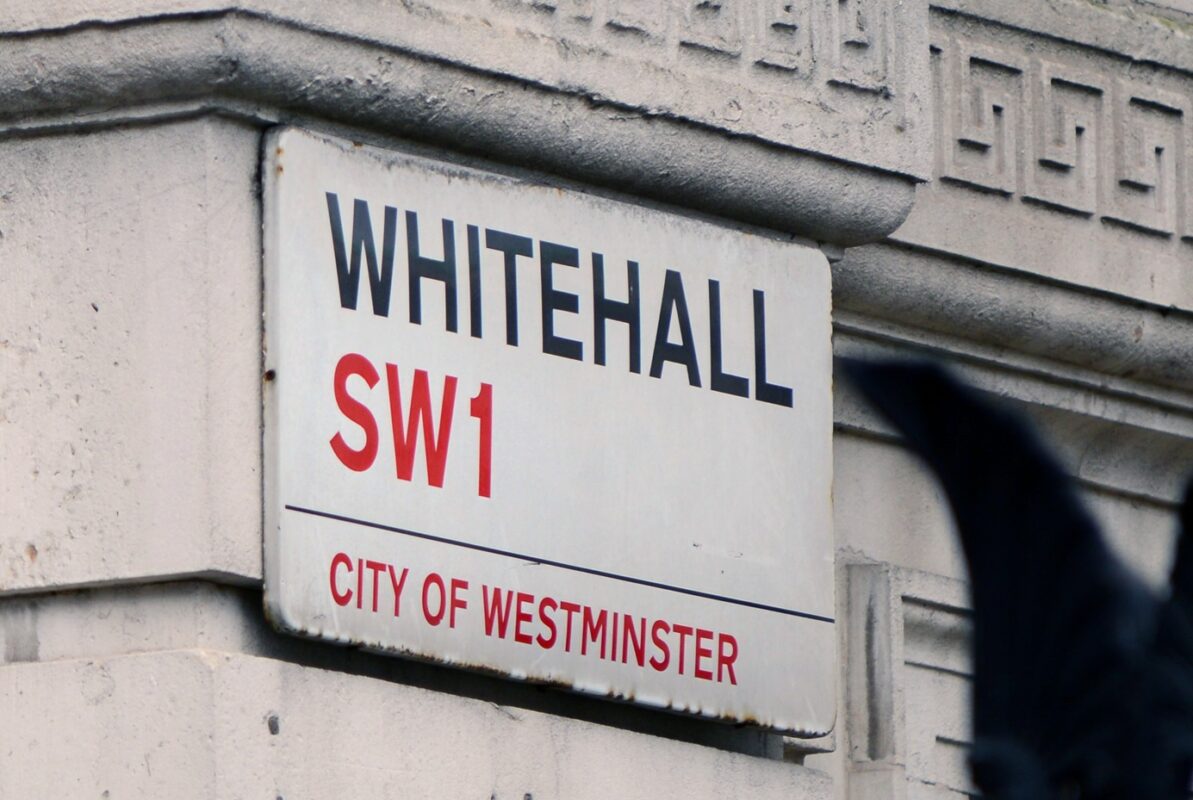
Greater support of low carbon investment is needed from government to “plug the gap” left by its earlier climate and energy reset according to a new report penned by a former HM Treasury economist.
Writing in his capacity as co-head of policy at the Grantham Research Institute at the London School of Economics and Political Science (LSE), Dimitri Zenghelis – once head of economic forecasting at HMT – has claimed frequent changes to policy “at a time of imposed fiscal austerity” has undermined confidence in the policy environment and discouraged investors.
Zenghelis references changes to subsidies, cancellation of zero-carbon homes policy, and ending the climate change levy exemption for renewables as just some of the decisions taken in the last year to compromise the policy agenda in the UK.
His conclusions in the report echo those of the Energy and Climate Change select committee, which earlier this year published its own report claiming investors had been spooked by UK policy announcements.
However, Zenghelis has gone on to claim that the government will need to prompt greater levels of both public and private investment in low carbon infrastructure if it is to hit its own carbon targets required in the Climate Change Act.
“The choice is not between green and non-green investment. It is about making sure the entire infrastructural network that the UK is locking into — from energy and transport to school and hospital buildings — is consistent with the government’s decarbonisation commitments,” he stated.
“The alternative is infrastructure the value of which would be at risk of rapidly diminishing as the government strives to meet its own carbon targets.”
“
“The choice is not between green and non-green investment. It is about making sure the entire infrastructural network that the UK is locking into is consistent with the government’s decarbonisation commitments.”
He also points out that low carbon adoption now presents a much greater opportunity for companies to make financial savings, reflected by the number of businesses around the world who have begun to ‘green’ their operations.
“The short-term benefits from effectively managing a transition to low-carbon growth, in terms of improving energy efficiency, energy security, urban pollution, congestion and generating innovation, make ambitious decarbonisation a commercial opportunity.”
For these reasons, Zenghelis argues that private investors “want to see a successful low-carbon economy”, particularly with huge opportunities to lower costs in the development of renewable energy and efficiency technologies.
Using the drastic reduction in the cost of solar since 2008 as an example, he claims that costs of other new energy systems could fall just as fast and close the gap between renewables and conventional high-carbon energy sources.
The need for supportive policy
However as these areas remain under heavy regulation and are subject to policy drivers, the report states that enabling the investment needed in low carbon growth “requires a supportive policy environment”.
“The credibility of policy is a key determinant of private investment…but a prerequisite for credibility is an internally consistent and stable policy framework,” it says.
This has been lacking over the last year as the Conservative government under David Cameron cut many of the pre-existing policies designed to promote a transition to the low carbon agenda.
Since Theresa May took power in the wake of Brexit vote, Whitehall has seen rapid change itself as the Department for Energy and Climate Change closed to make way for the new Department for Business, Energy and Industrial Strategy (BEIS).
While some have questioned the role energy and climate change policy will have in the new department, Zenghelis believes its formation could herald the start of positive change in the UK.
“The creation of a new Department for Business, Energy and Industrial Strategy (BEIS) provides an opportunity to bring energy and climate policies into a more coherent framework of industrial strategy, making the UK well-placed to take advantage of the opportunities associated with becoming global leader in the low-carbon economy,” he says.
“Under the right leadership, it potentially forms a stronger basis from which to decarbonise the UK economy and promote productivity driven prosperity.”
While the potential of BEIS is to improve the current state of UK energy policy has yet to be determined, the report does add that the decision to privatise the Green Investment Bank has undermined its mandate to invest only in green infrastructure, despite the special share designed to ensure this continues.
As the GIB is moving out of government control, Zenghelis argues that all of its infrastructure projects should move under the remit of the National Infrastructure Commission. This would leave the Bank to raise funds for other corporate investments, under a simple mandate to ensure that all infrastructure is compatible with the Government’s decarbonisation targets.

